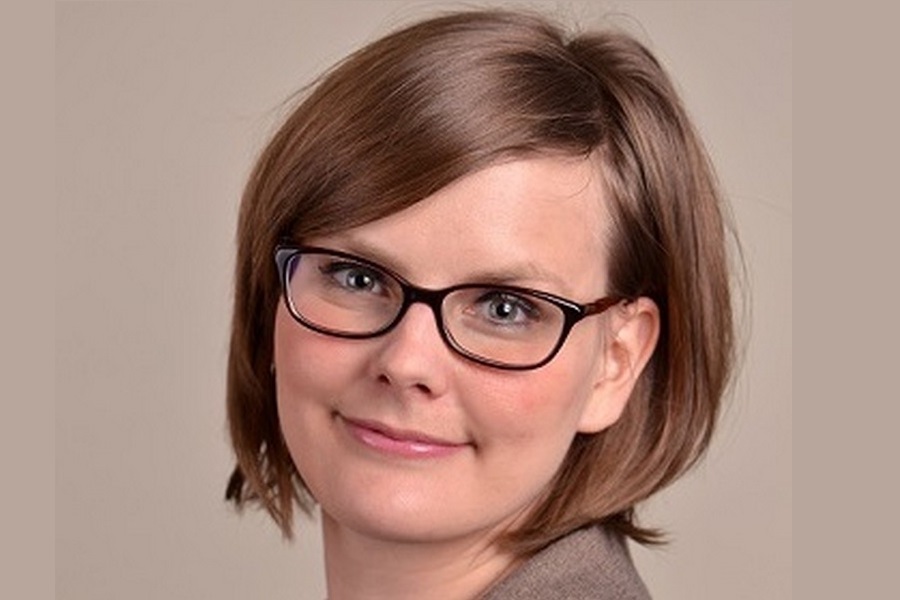
Expert View: How the right legal framework can enable civil society organisations to sink or swim
February 7, 2018
Your Voice: civil society in Central and Eastern Europe is rapidly changing
February 7, 2018Widespread use of smart phones, the rapid growth of messenger systems and new payment technology create multiple opportunities for income generation, but which offer the greatest potential? Björn Lampe, board member of betterplace.org, explores the technological developments fundraisers should keep a close eye on in 2018.
We’re now well into 2018 and we will once again see a lot of change to the fundraising environment. Changes to regulation, legislation and, of course, technology.
As fundraisers, we need to keep a close eye on these developments, but it can be difficult to know when to invest in new technology. The important thing to remember is that we needn’t all jump the gun. It’s different if you are working with a technology-driven target group or have a clear business case for being first in line, but for most of us, it isn’t necessary to be the first mover. It will be enough to watch and wait, making a move only when you’ve established that this technology is relevant for your audience or a mass market. And when implementing, make sure you use some trials and/or A/B-testing in order to test acceptance amongst your donors.
So which technologies should you keep a close eye this year?
Mobile
The importance of mobile is a given, so watch your website analytics to see how people are using your site and ensure that it is mobile-enabled. A lot of NGOs will reach tipping point this year, meaning that more people will visit their website using a mobile device. Is your site, particularly your donation process, mobile responsive? If not, change it now and consider developing your site mobile first in the future. And remember: google ranks mobile-enabled sites higher, so this will give your NGO more visibility in search results.
Messenger Systems
Communication is moving more and more towards social networks. WhatsApp and Facebook Messenger are the leading systems in Europe and are opening up to businesses and NGOs, who are increasingly using these channels for donor communication. It will not get more direct than this in the virtual world. Known for its innovation, charity: water is experimenting heavily with chatbots. This functionality isn’t being widely used by many NGOs yet, but it is certainly an area to watch.
Payment
Receiving donations online has become more and more important for NGOs. But currently mobile donations are still falling far behind online donations from desktop computers. The introduction of ApplePay in some European countries has made it even easier for people to give and for charities to offer this functionality to their supporters.
Contactless payment is becoming more and more popular, especially amongst young people. NGOs in the UK and Holland have been using contactless payment in street fundraising and at events. In countries with high levels of card use (e.g. Scandinavia) this is something to look out for. It might also lead the way to a closer combination of on- and offline activities. As a result, we will hopefully see a spike in regular giving online, which tends to still lag behind offline sign-ups.
And yes, we might also have to keep an eye on Bitcoins as yet another payment method. With more and more people in possession of cryptocurrencies, charities may want to give them a chance to donate those funds to good causes.
Finally, as a result of the transition to SEPA, banks are increasingly offering instant payments, resulting in donation transfers in less than 15 seconds instead of a working day. In fact EU legislation is forcing banks to implement this by the end of 2018. Faster payments are good news for NGOs, especially those dealing with emergency aid situations.
Streaming Platforms
Video should by now be a regular part of NGO communication and fundraising. Live videos are currently becoming more and more important. These live streams are gaining a lot of views and a thus an interesting channel for communication. Betterplace.org teamed up with some local YouTubers in Germany to stream a 12-hour charity session, resulting in donations of over EUR 450,000 for four NGOs. When it comes to influencer marketing, streaming platforms are worth looking at.
There are certainly more trends in the pipeline, but these four are increasingly accessible to charities and, taking in mind the viable return on investment, offer some of the most promise for fundraising.
How will your fundraising change in 2018?
About Björn Lampe
Björn Lampe, is a member of the board of betterplace.org, Germany’s largest donation platform. He studied political science and worked for several NGOs (including Drop The Debt and Make Poverty History) before joining betterplace.org in 2010. Follow him on twitter @blampe.



